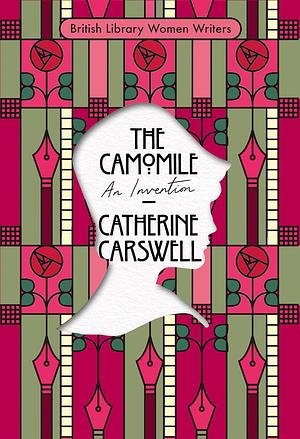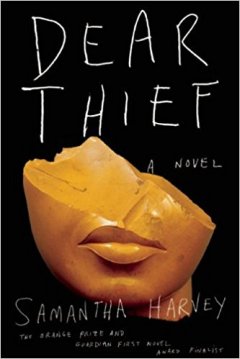As Simon Thomas points out in the Afterword, The Camomile is a novel that “sets out to be distinct from the ‘marriage plot’.” This although its heroine, who says she strains for Reality, thinks sometimes that marriage is a way to achieve it.
That heroine is Ellen Carstairs, who has just returned to Glasgow after four years in Germany studying music. She knows herself not to be a prodigy, but she begins giving music lessons to contribute to the household, that of her religious Aunt Henry and her brother Ronald, an architecture student.
Apparently, Ellen’s mother wasted a lot of money publishing her writings, to the point where it seems to be considered a mental disease, so Aunt Henry dreads the possibility that Ellen may be writing. Yet, that’s exactly what she begins doing. She gets herself a room where she can practice the piano undisturbed, but she also spends a lot of time at a library, where she meets an impoverished scholar she calls Don John, who helps her with her writing.
The novel, which is related in letters to her friend Ruby and in diary entries, deals with fairly innocuous social engagements, but Ellen spends a lot of time pondering ideas and trying to understand people’s relationships with each other. First, there is the marriage of Laura, one of Ellen’s friends, who doesn’t seem to love her fiancé at all, while being determined that people think she does. Ellen herself doesn’t mind not being married but on the other hand seems to accept that it is a goal of a kind, a way to achieve Reality.
Ellen pretty much dissects every idea she comes across, and after a while, I felt it was too much, especially after she herself (spoiler!) becomes engaged. However, over all I found the novel engaging with Ellen a lively heroine.











